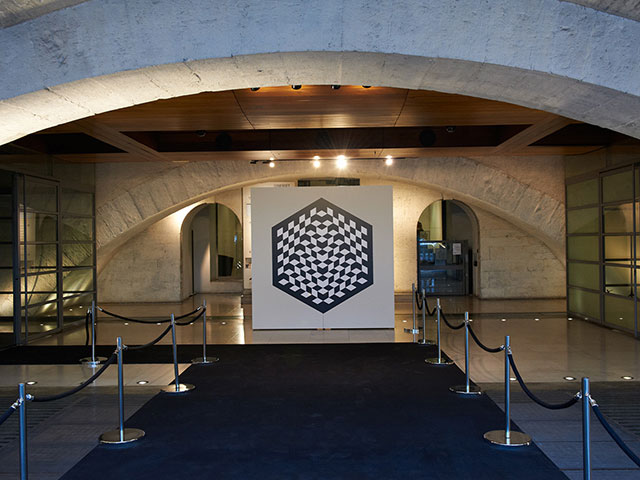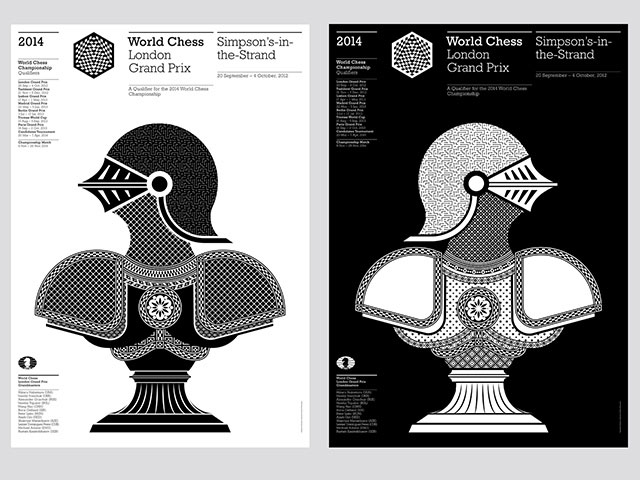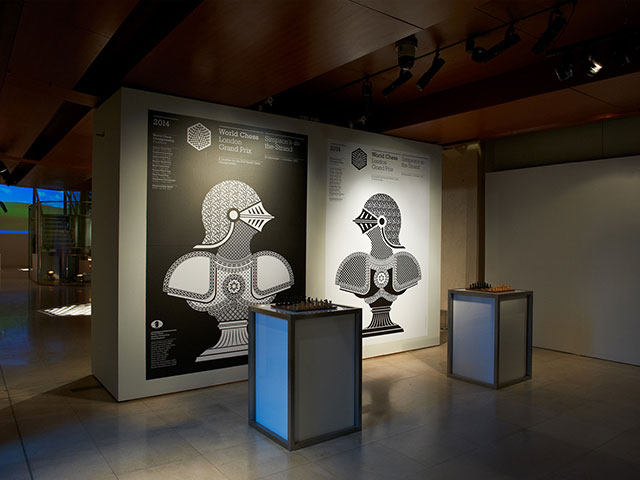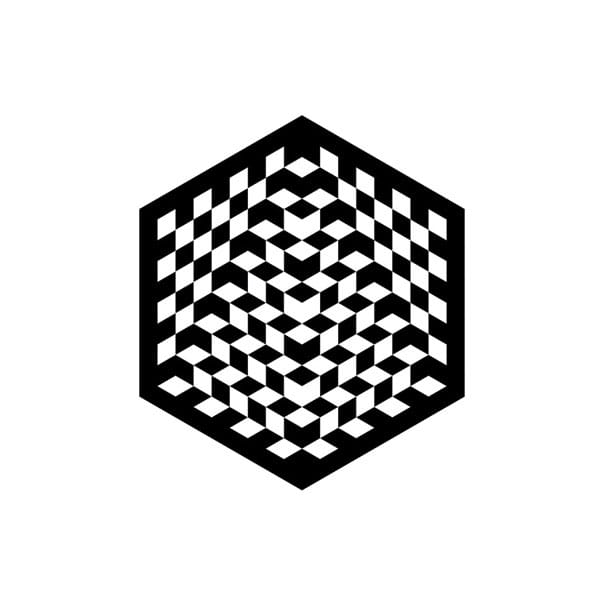Supple Studio's Jamie Ellul is in awe of this classic logo for World Chess designed by John Rushworth – a striking standalone marque which works whether you’re in Berlin, Bombay or Bognor.
For me the World Chess logo by Pentagram’s John Rushworth is a perfect example of a universal idea embodied in a logo. I’m sure the brief must have been around communicating chess to a global audience and it hits the nail slap bang on the head.
With all the talk of the logo being dead over the last five to ten years this is proof it’s alive and kicking. Yes there’s now a need for brands to be represented by more than just a logo - but when the designer gets it just right as they do here, it becomes a quick to recognise distillation of the brand. The visual shorthand of the World Chess logo simply says ‘this is about chess and chess is bloody complex’. As a standalone logo with no type you instantly get the subject matter whether you’re in Berlin, Bombay or Bognor. Check mate.
If you dig deeper it seems to be about new ways of seeing chess, new angles and fresh thinking. The pyramid shape in the middle suggesting that this is the pinnacle of the game.
Even if you don’t get all of that from it – its Op Art tendencies and references to MC Escher mean it’s just a lovely logo to look at. It’s robust and timeless, it could have been designed yesterday or 60 years ago and it will still work in 100 years.
And of course it passes the old ‘does it work in black and white’ test. In fact it doesn’t work in any other colour. In chess language it’s a ‘perpetual check’.
supplestudio.com



Deep Blue…
…was the name of the first computer to beat a human Grandmaster at chess. Garry Kasparov (widely thought to be one of the world's best ever players) was defeated in a six game match by the IBM computer in 1997. Since then, chess programs have become increasingly sophisticated and can now comfortably beat the world's best chess players. Chess is not the only game where man is pitted against machine – Google DeepMind's recent (and unexpected) thrashing of South Korean Go champion Lee Sedol (courtesy of its AlphaGo program) has been mooted by some as being even more significant than Kasparov's defeat.
Jamie Ellul…
…is the chair of the West of England Design Forum and creative director of Supple Studio in Bath. A purposefully small agency committed to ideas and craft – working on all things creative for a diverse mix of clients including Channel 4, National Museums of Scotland, the Royal Institution, Royal Mail, the Royal Mint and University of the Arts London.

